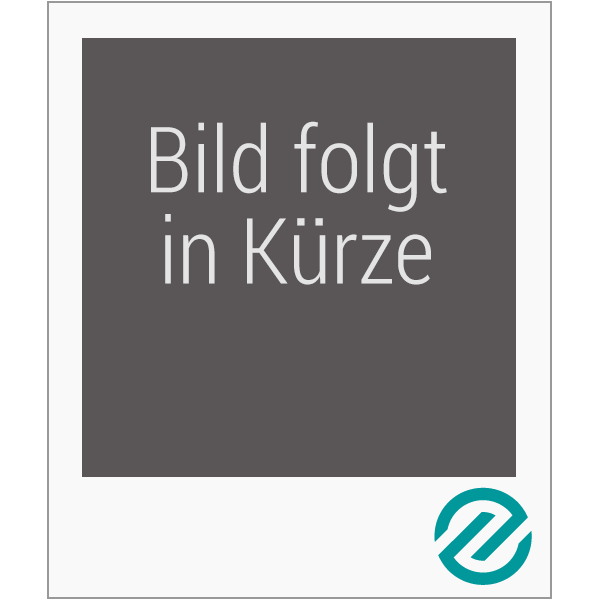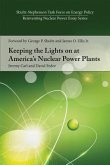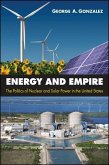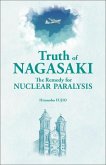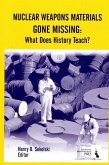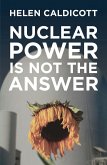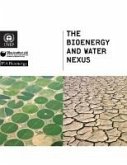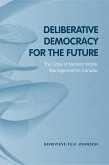Since the breakup of the Soviet Union, a number of gas disputes between Russia and Central and Eastern European countries have unveiled the strategic dependence of Europe on Russian piped gas. The recent Ukrainian crisis demonstrated that Europe has a desperate need to improve the security of its gas supply. The United States is interested in the economic stability and growth of Europe, because the European Union (EU) is its principal and largest economic partner. The United States and the EU enjoy the largest trade and investment relationship in the world, which should not be jeopardized by disruptive, anti-status-quo powers. America has economic, political, and security interests in Europe's energy independence. Europe's dependence on Russian natural gas undermines European unity and weakens the primary U.S. allies in their relations with Russia. U.S. Armed Forces in Europe and the U.S. Army, in particular, can and should play an important role in promoting energy security. This involvement includes: increased situational awareness; deployment to the sensitive areas; and enhanced training activities, including with the allies of the U.S. military in Central and Eastern Europe. Related items: Other resources produced by the Strategic Studies Institute, US Army War College can be found here: https: //bookstore.gpo.gov/agency/1609 Democratization and Instability in Ukraine, Georgia, and Belarus can be found here: https: //bookstore.gpo.gov/products/sku/008-000-01118-4 Breaking the Nordic Defense Deadlock can be found here: https: //bookstore.gpo.gov/products/sku/008-000-01141-9
Hinweis: Dieser Artikel kann nur an eine deutsche Lieferadresse ausgeliefert werden.
Hinweis: Dieser Artikel kann nur an eine deutsche Lieferadresse ausgeliefert werden.

